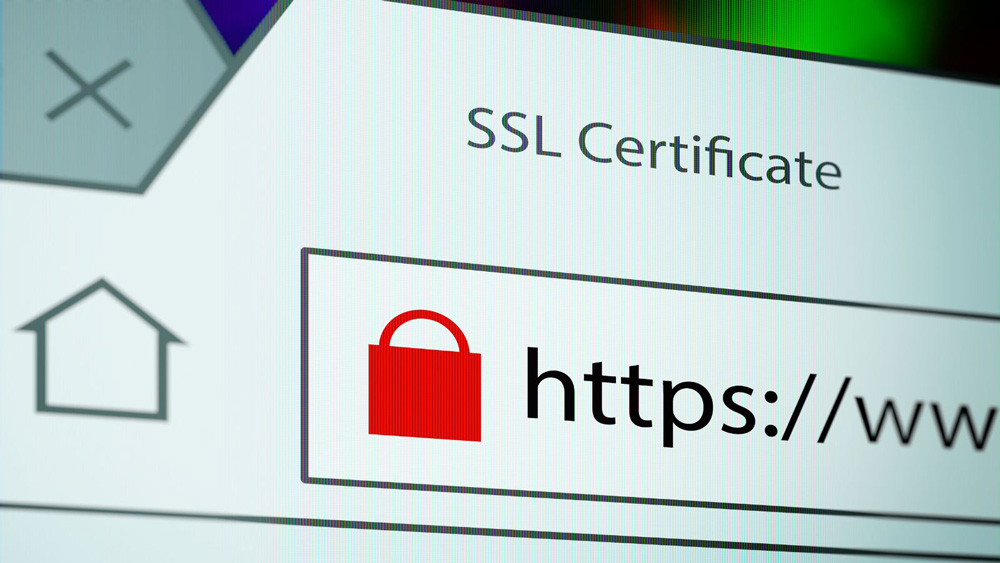IT security tip: Take website SSL warnings seriously

A tab in a web browser reads "SSL Certificate." The address bar shows a red lock and a URL that begins with "https."
You should pay attention to warnings about secure sockets layer (SSL) certificates when you visit a webpage. These warnings are in place to protect you from potential IT security threats. Here's why ignoring them is a bad idea:
Your data is exposed
An SSL certificate creates a secure connection between your browser and the website. Without it, cybercriminals can intercept any information you exchange with the website, including passwords, credit card numbers, and personal details.
You could be redirected to a fake website
Threat actors can exploit the lack of an SSL certificate to create a fake version of a legitimate website, known as a phishing site. When you enter your information on the bogus site, it goes straight to the criminals.
Your identity could be stolen
Without the encryption provided by an SSL certificate, it becomes easier for criminals to steal your identity by intercepting your online activity and gathering sensitive information.
Your privacy is compromised
Even if you're not entering sensitive information, your browsing activity can be valuable to advertisers and third parties. An SSL certificate protects your browsing data from being intercepted and used maliciously.
Your device could be infected with malware
Criminals can also use insecure connections to inject malware onto your device. This malware can steal your data, damage your system, or even spy on you.
Not all warnings are created equal
Different browsers display different warnings depending on the issue. Pay close attention to the message and take appropriate action.
Remember, your online safety is your responsibility. Keep your browser and operating system up to date to ensure you have the latest IT security patches and features to protect yourself from online threats. Take SSL warnings seriously, and make sure you understand the risks before proceeding. If you have questions about SSL certificates, contact your local IT support staff for assistance.
Node 4
Our monthly newsletter includes news from UIT and other campus/ University of Utah Health IT organizations, features about UIT employees, IT governance news, and various announcements and updates.
